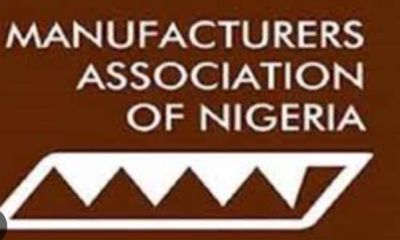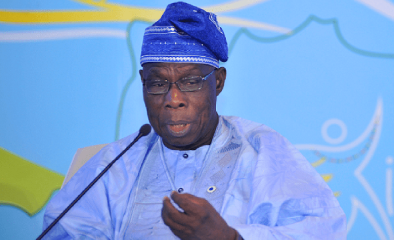• Only 45 percent meet the single digit agitation as prime
THE Central Bank of Nigeria in furtherance of its transparency and full disclosure stance has made public the lending rates obtainable in all Deposit Money Banks (DMBs) to guide Nigerians business decisions in a recent publication release.
Out of the nineteen banks listed eight meets the single digit interest rate that policy makers and agribusiness persons have been clamoring for. The lowest of the single digits been Stanbic IBTC Bank offers 5.50 percent as prime, followed by FCMB and Fidelity Banks with 6percent as prime. Other still in the single digit category are Access Bank, Sterling Bank and UBA with 7percent as prime while Unity Bank and Wema Bank prime is 9percent.
Majority of the banks still gives out agricultural loans at a foul cry prime rate of between 14percent to 26.50 percent. The highest been 26.50perecnt offered by Union Bank, while Keystone Bank remain neutral, without agricultural facilities, with Unity Bank and Heritage Bank making 24percent prime.
Generally, the maximum interest charges on agriculture loans as published by the apex bank are very high compared with the oil and gas sector or the manufacturing sector. The minimum maximum interest rates range between 14percent to 30percent which is offered by Unity Bank, then followed by Stabic IBTC, Heritage Bank and Fidelity Bank with 28percent.
Skye Bank, funnily, has both prime and maximum interest rate for agriculture at 14percent,while the disparity between prime and maximum rates of Heritage is 24 to 28percent and Zenith Bank, 18 to 19 percent. Only about 40percent meets the single digit, while 60percent still do not give farmers priority in interest rates charges.
It should be recalled that the CBN had in December, 2015 announced a N300 billion financing to boost lending to Agriculture and Small and Medium Scale Enterprises (SME’s) this year.The apex bank Governor, Mr Godwin Emefiele, said that the bankers had agreed that the value chains under agriculture needed to be `de-risked`, to encourage large scale farming and boost productivity in the sector.
“The Bankers’ Committee is geared to support the efforts of government to create employment and support government’s efforts to diversify away from oil to achieve government’s objectives in 2016,” Emefiele said.An agribusiness expert questioned this fund, if the commercial banks are implementing the agriculture fund which comes from the apex bank. If the millennium goal, where agriculture is a major, will be achieved,how will these interest rates enable agribusiness entrepreneurs to break even or even approach the banks?
In a recent event, the Lagos State Catfish and Allied Farmers Association of Nigeria (LASCAFAN) sought for equal distribution of the CBN N300 billion loans for the expansion of agricultural businesses across the sector via its President Mr Babafemi Ajala.
Ajala who noted that the loan, granted by the Central bank of Nigeria (CBN), would help to enhance agricultural commercialisation and food sufficiency in the country, identified finance as one of the major factors militating against the sector, adding that agriculture was capital intensive.
He reiterated that finance is one of the major challenges in the agricultural sector as the cost of production is very high and the sector need government intervention to help farmers have access to affordable fund. Encouraging all farmers to prepare themselves to access the N300 billion loans by the Federal Government through the Central Bank of Nigeria, he sought for a reduction in the interest rate to enable farmers break even.
Ajala said in other countries, the interest rates are in single digits that no farmer can survive in taking loan from commercial banks, government should assist by reducing interest on loans, adding that, while interest rate in Nigeria is at 18 to 20 per cent, in Ghana, the interest rate is about three per cent.

 Health1 week ago
Health1 week ago
 Latest6 days ago
Latest6 days ago
 Health1 week ago
Health1 week ago
 News7 days ago
News7 days ago
 Business1 week ago
Business1 week ago
 Business5 days ago
Business5 days ago
 Business1 week ago
Business1 week ago
 Football1 week ago
Football1 week ago













